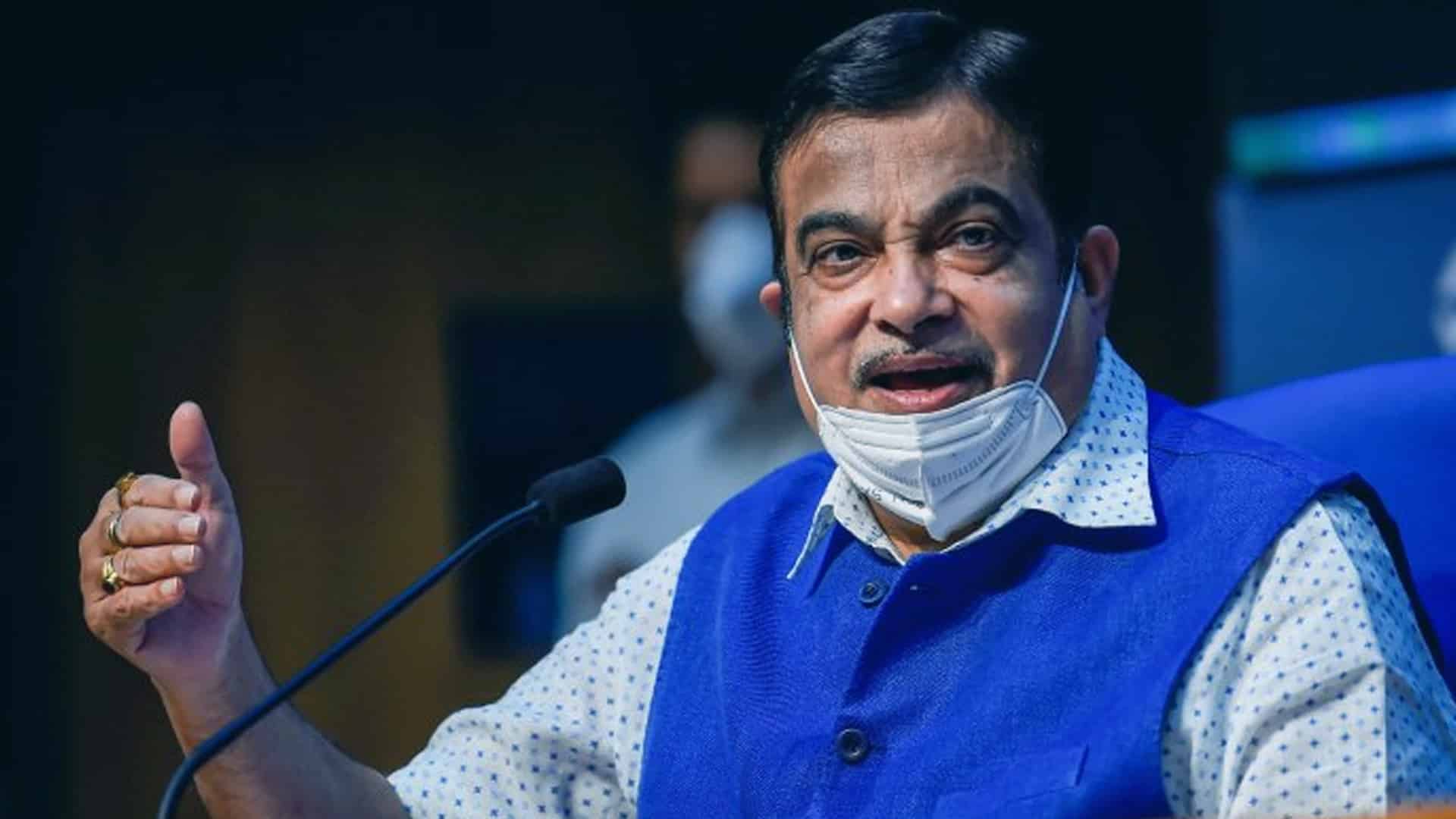Auto
Auto scrappage policy bring down cost of electric vehicles: Gadkari
Union Road Transport and Highways Minister Nitin Gadkari on Tuesday said the National Automobile Scrappage Policy will accelerate economic growth and boost employment generation in the country. Gadkari further said the launch of the vehicles scrappage policy is a win-win situation for both the Centre and states, as they will be earning up to Rs 40,000 crore in goods and services tax (GST).
“The launch of the National Automobile Scrappage Policy by the prime minister was a ‘historic decision’… It will accelerate economic growth and boost employment generation in the country,” he said in a press conference. Gadkari pointed out that the automobile sector provides direct and indirect employment to 75 lakh persons. He said that in the near future, electric vehicles will be cheaper than petrol and diesel ones.
Also read: Efforts on for early completion of 19 mega food parks: Govt
“I am going to launch electric tractors next month,” Gadkari said. The minister said the policy outlines key steps for facilitating setting up of necessary support infrastructure in the form of automated testing stations (ATS) and registered vehicle scrapping facilities (RVSF). The minister said that ATS will be set up minimise manual testing of vehicles as per the road map. “In the first phase, 75 stations will be set up; and later, it will be scaled to 450-500 stations,” he said. Currently, 26 ATS are sanctioned; out of which, seven are already functioning.
Gadkari said RVSFs will ensure that vehicles are scrapped in an environment-friendly and safe manner, and added that in 50-70 RVSFs are needed across the country in the next 4-5 years. “All RVSF applications will be processed through a central single window clearance portal. State/ UT governments will have to clear the proposal within 60 days else proposal will be deemed approved,” he said. Last week, Prime Minister Narendra Modi had launched the National Automobile Scrappage Policy, saying it will help phase out unfit and polluting vehicles and also promote a circular economy.
The policy will give a new identity to India’s mobility and auto sector, Modi had said. Under this policy, people who give their old vehicle for turning it into scrap will be given a certificate by the government. People having this certificate will not be charged any registration fee on the purchase of a new vehicle. Such vehicle owners will also be entitled for some rebate on road tax. Modi had also said that instead of the age of the vehicle, a fitness test will determine if the vehicle will be sent for scrapping. The policy would attract an investment of Rs 10,000 crore and create thousands of employment opportunities, he had said.
According to data from the road transport and highways ministry, one crore unfit vehicles can be recycled immediately in the country. Under the policy, mandatory fitness testing for heavy commercial vehicles will come into force from April 1, 2023, and the same will be in place in a phased manner for other categories from June 1, 2024. Announced in the Union Budget 2021-22, the policy provides for fitness test after 20 years for personal vehicles, while commercial vehicles would require it after the completion of 15 years.













































Pingback: Reserve Bank allows HDFC Bank to sell new credit cards